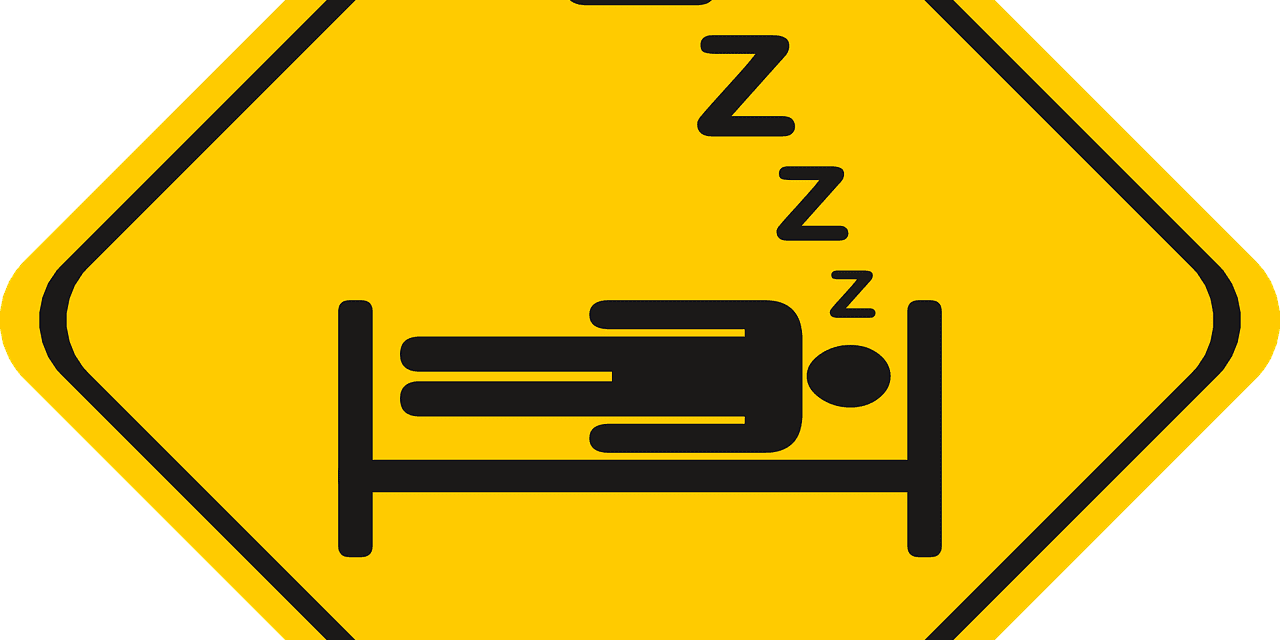Sleep is among the most important aspects of a person’s day-to-day life, and it takes up around a third of a day, or at least it should.
The life of the average person has become so complicated and busy these days that they might sometimes lack sleep. Mostly because of stressful events in their lives, which could be related to work, family, finances, studies, or the future.
But sometimes the sleep deprivation comes from conditions. There are several conditions that could deprive a person of their sleep or significantly affect the quality of it. The most common one is snoring.

Snoring
Snoring is widely known, and many people believe that they only snore because they had a long day or some other ordinary thing. That doesn’t matter until the snoring starts to affect the quality of your or someone else’s sleep.
Most snorers have their sleep interrupted, or they don’t go into the deep stage of their sleep. Not only that, but anyone else in the room can also suffer from the snoring of that one person. All of that leads to more issues.
Effects of Snoring
Snoring all the time can lead to a great deal of issues, such as:
- You might end up waking several times at night
- You might have an irritated throat in the morning
- You might feel fatigued the following day
- You might experience headaches when you wake up
If your snoring is also accompanied by pauses in your breathing, then you might have a restless sleep, feel a choking sensation, or experience chest pains. In those cases, you should go to a health care professional as soon as possible.
Devices to Help You Stop Snoring
To help the people stop snoring, there are quite a number of devices. Other than the devices, there are also some simple methods.
The simple methods might work for someone that doesn’t have anything over a light snoring issue. When the snoring gets a little more problematic, you might need to use a particular type of anti-snoring device.
Anti-snoring devices can be incredibly beneficial, and you might start to see results quite quickly. But some users have said in the past that a particular type of anti-snoring device has worked for them and others haven’t. That is why you should start with a device that works for the majority of snorers, such as the sleep connection. This way, you can be surer about your purchase.
If you are wondering whether going through all the trouble to stop snoring is actually worth it or not, then continue reading.
Effects of Snoring On Your Life
Headaches
The only thing worse than having a headache for an extended part of a day is if it started when you woke up in the morning.
If you have snoring issues, then you might wake every other day with a mild to severe headache. That might ruin your productivity for the day and result in a bad day.
Mental Health Complications
If you are having trouble sleeping, your sleep deprivation can affect your mental wellbeing. When you get less sleep at night, you might not be happy or cheery during the day. You might even be cranky to some level.
However, you might start to feel more adverse effects of depression and other mental health issues when sleep problems get more severe. Depression and anxiety are commonly related to sleep apnea.
Increased Risks of Heart Disease
If you are experiencing snoring and your breathing stops while you sleep, then you might have sleep apnea. Many studies have directly linked sleep apnea to health problems, which can range from high blood pressures to coronary heart disease.
Also, you might be twice as likely to suffer from fatal or non-fatal heart disease events than a person with similar health conditions who doesn’t have sleep apnea.
Increased Risks of Stroke
Several studies have indicated a relationship between the intensity of snoring and the risk of carotid atherosclerosis. That condition is when your arteries, or blood vessels, in the neck become narrower, which happens because of fatty deposits. This condition results in a stroke.
Basically, the more and the louder you are snoring each night, the higher your chances of getting a stroke in the long term.

